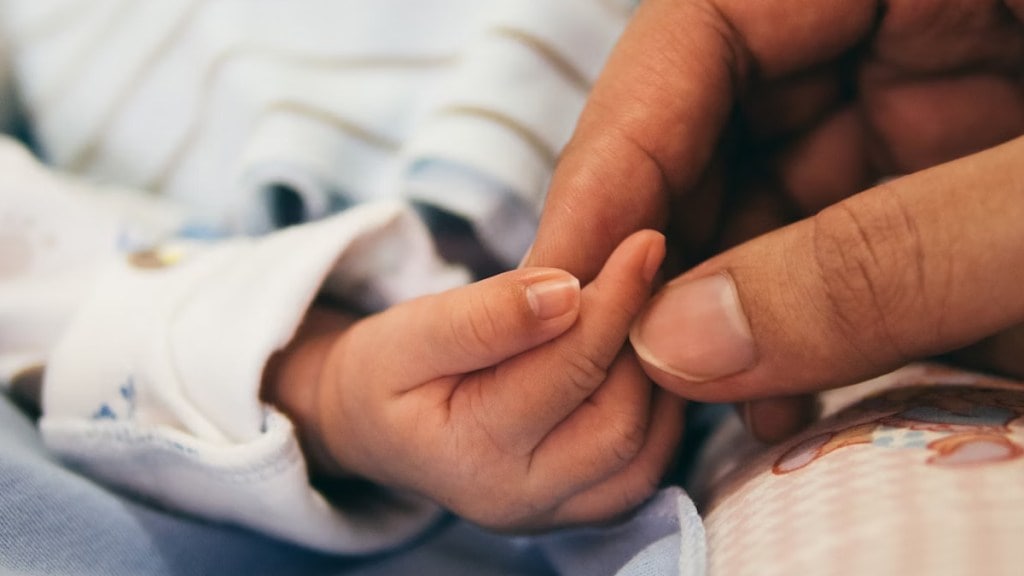After almost two decades of relentless attempts, including 15 failed in vitro fertilisation (IVF) cycles and multiple surgeries, a couple has successfully conceived due to a groundbreaking Artificial Intelligence-powered fertility technology. The case, which is detailed in a medical correspondence in The Lancet, highlights how AI has managed to play a crucial role in solving such extreme cases.
The couple, a 39-year-old man and a 37-year-old woman in the US, faced a challenge where the man suffered from azoospermia, a condition where semen contains no visible sperm, forcing them to rely on painful surgical attempts to retrieve the sperm.
However, their fortunes changed when they turned to a new system developed by researchers at the Columbia University Fertility Center, called STAR (Sperm Tracking and Recovery).
Couple turns to AI-based STAR system for conceiving
“A semen sample can appear totally normal, but when you look under the microscope, you discover just a sea of cellular debris, with no sperm visible,” explained Dr. Zev Williams, director of the Columbia University Fertility Center and a senior author of the report. “Many couples with male-factor infertility are told they have little chance of having a biological child.”
The STAR system uses high-powered imaging and an AI algorithm to achieve what human technicians cannot. Inspired by the way astrophysicists use AI to find new stars amidst celestial noise, the STAR system scans samples at incredibly high speed, looking for the “really, really, really rare sperm.”
In this couple’s case, a routine manual slide examination of the semen sample confirmed the absence of sperm. However, when the sample was run through the STAR system, the AI analysed 2.5 million microscopic images in approximately two hours and successfully detected seven sperm cells, including two viable, motile ones. The system then used a microfluidic chip and a robot to gently isolate and recover these microscopic cells.
The two motile sperm were immediately used for Intracytoplasmic Sperm Injection (ICSI), where a single sperm is injected into an egg. Thirteen days after the resulting embryos were transferred, the woman received her first-ever positive pregnancy test. At the eight-week mark, an ultrasound confirmed a healthy clinical pregnancy with a strong heartbeat.
This is the first reported successful clinical pregnancy achieved by using AI to both detect and physically recover sperm in a complex azoospermia case. While this success is based on a single instance, researchers are optimistic that STAR could significantly reduce the need for painful and often unsuccessful surgical sperm extractions, offering new hope to countless couples who were previously told they had run out of options.
Larger clinical trials are currently underway to confirm the efficacy of the STAR method across a broader patient population.








